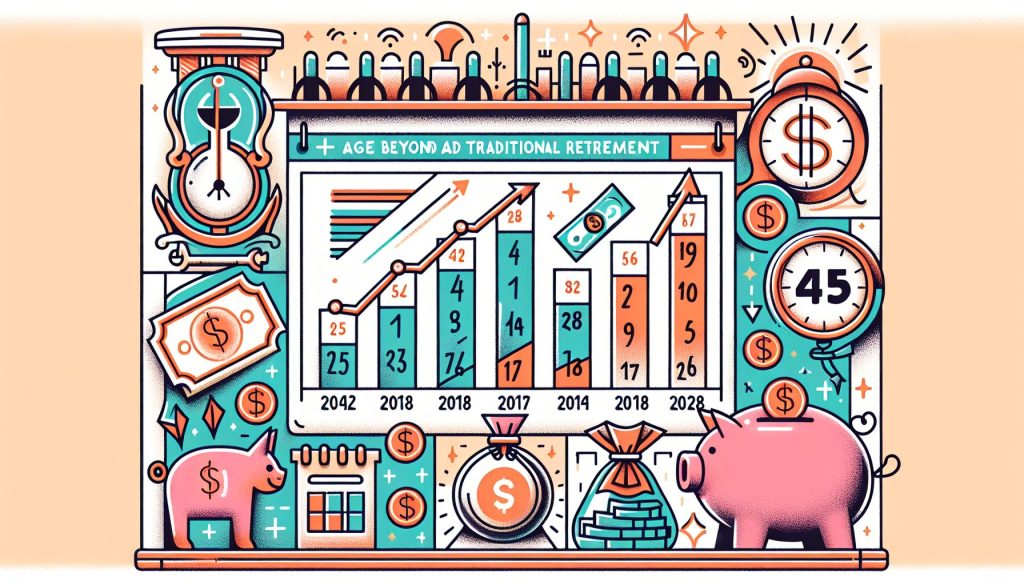The official retirement age in the United States isn’t set in stone, with citizens choosing when to begin receiving Social Security benefits. Some opt for as early as 62, despite reduced benefits, while others wait for the “full retirement age” of 66 or 67 to acquire full benefits. A handful even maximize their monthly allowances by retiring at 70. The choice depends on many factors including health, economic demands, and individual contentment.
Planning for retirement, regardless of the chosen age, is advisable to ensure a comfortable, sustainable life post-employment. Those who choose to retire at 70 could potentially receive considerable monthly Social Security disbursements, irrespective of eligibility for the program’s maximum monthly benefit.
Maximizing gains through delayed retirement
A delayed retirement can be a strategic move to improve personal finances.
The Full Retirement Age (FRA), scheduled at either 66 or 67, offers a full monthly Social Security benefit as per individual earnings. Delaying the application after reaching FRA results in an annual 8% increase in monthly benefits. Such a decision enhances the benefit amount by a worthwhile percentage.
The most significant monthly benefit for those claiming Social Security at 70 stands at $4,873, contingent on a consistent high earning history over 35 years with wages equal to or surpassing the Social Security wage cap of $168,600. However, even without the maximum payout, substantial monthly rewards often between $3,000 and $3,873 can be earned.
Applying for Social Security benefits at 70 could offer significant financial advantages, even for those who are not eligible for maximum payouts. These benefits grow through delayed retirement credits which, when combined with factors like earnings record and length of work history, can contribute to a considerable lifetime accumulation. Consultation with a financial adviser can provide valuable insights into these options, making it a worthy consideration for those who can afford to defer their Social Security benefits.





























